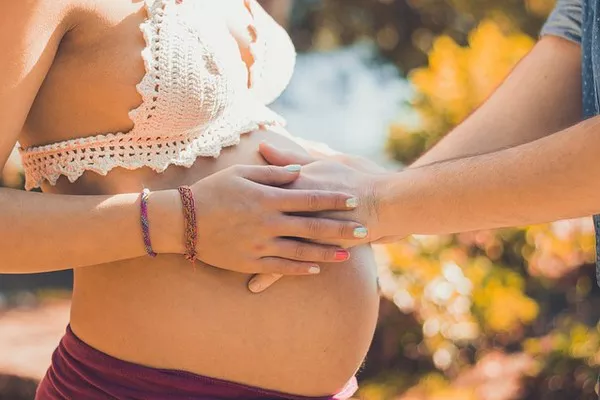The UK has witnessed a concerning surge in the number of women dying during pregnancy or shortly after childbirth, reaching the highest level in nearly two decades, as per newly released data. Experts have expressed deep concerns about the alarming figures.
Magnitude of the Issue
Between 2020 and 2022, a total of 293 women in the UK lost their lives during pregnancy or within 42 days of the conclusion of their pregnancy. Out of these, 21 deaths were deemed coincidental. This translates to a maternal death rate of 13.41 per 100,000 pregnancies, a stark increase from the 8.79 deaths per 100,000 pregnancies recorded in the most recent three-year period from 2017 to 2019. The current rate has reached levels not seen since 2003 to 2005.
Data Source
These findings come from MBRRACE-UK, which conducts surveillance and investigates the causes of maternal deaths, stillbirths, and infant deaths under the national Maternal, Newborn and Infant Clinical Outcome Review Programme (MNI-CORP). MNI-CORP, funded by NHS England and other health authorities, aims to enhance patient outcomes.
Contributing Factors
The leading cause of death identified was thrombosis and thromboembolism, involving blood clots in the veins. Covid-19 emerged as the second most common cause. Even after excluding Covid-related deaths, the maternal death rate for 2020 to 2022 remained higher than the rate for 2017 to 2019. Heart disease and deaths linked to poor mental health were also prevalent, according to a Guardian analysis of the data.
Underlying Causes and Concerns
Researchers from the Oxford Population Health’s national perinatal epidemiology unit at the University of Oxford, who conducted the study, highlighted the strain on maternity systems in the UK. They emphasized the need to address pre-pregnancy health issues, such as obesity, and stressed the importance of actions to promote more inclusive and personalized care during pregnancy.
Challenges and Disparities
While there was a slight decrease in the maternal death rate among black women compared to 2019 to 2021, they remain three times more likely to die than white women. Asian women are twice as likely to experience maternal death compared to their white counterparts. Disturbingly, women in the most deprived areas of the UK face a maternal death rate over twice that of those in the least deprived areas, indicating persistent ethnic and socioeconomic disparities.
Global Perspective
This alarming trend is not unique to the UK. Many countries are grappling with rising maternal death rates. The US, for instance, has witnessed a doubling of rates over the past two decades, with a disproportionate impact on black mothers, according to a study in the Journal of the American Medical Association. Other countries experiencing substantial increases include Venezuela, Cyprus, Greece, Mauritius, Puerto Rico, Belize, and the Dominican Republic.
Call for Action
Experts emphasize the urgent need to enhance the quality and accessibility of maternal healthcare, repair the pandemic’s damage to women’s healthcare services, and address underlying structural issues affecting health before, during, and after pregnancy. The government has committed to ensuring safe and compassionate care for all women, irrespective of ethnicity, location, or economic status. Stakeholders stress the importance of improving maternity safety and advocate for training more midwives and health visitors, ensuring continuity of care for women during pregnancy.
NHS England acknowledges the need for further action, citing significant improvements to maternity services. Initiatives like maternal medical networks and specialist centers have been introduced to enhance the identification of potentially fatal medical conditions in pregnancy.


